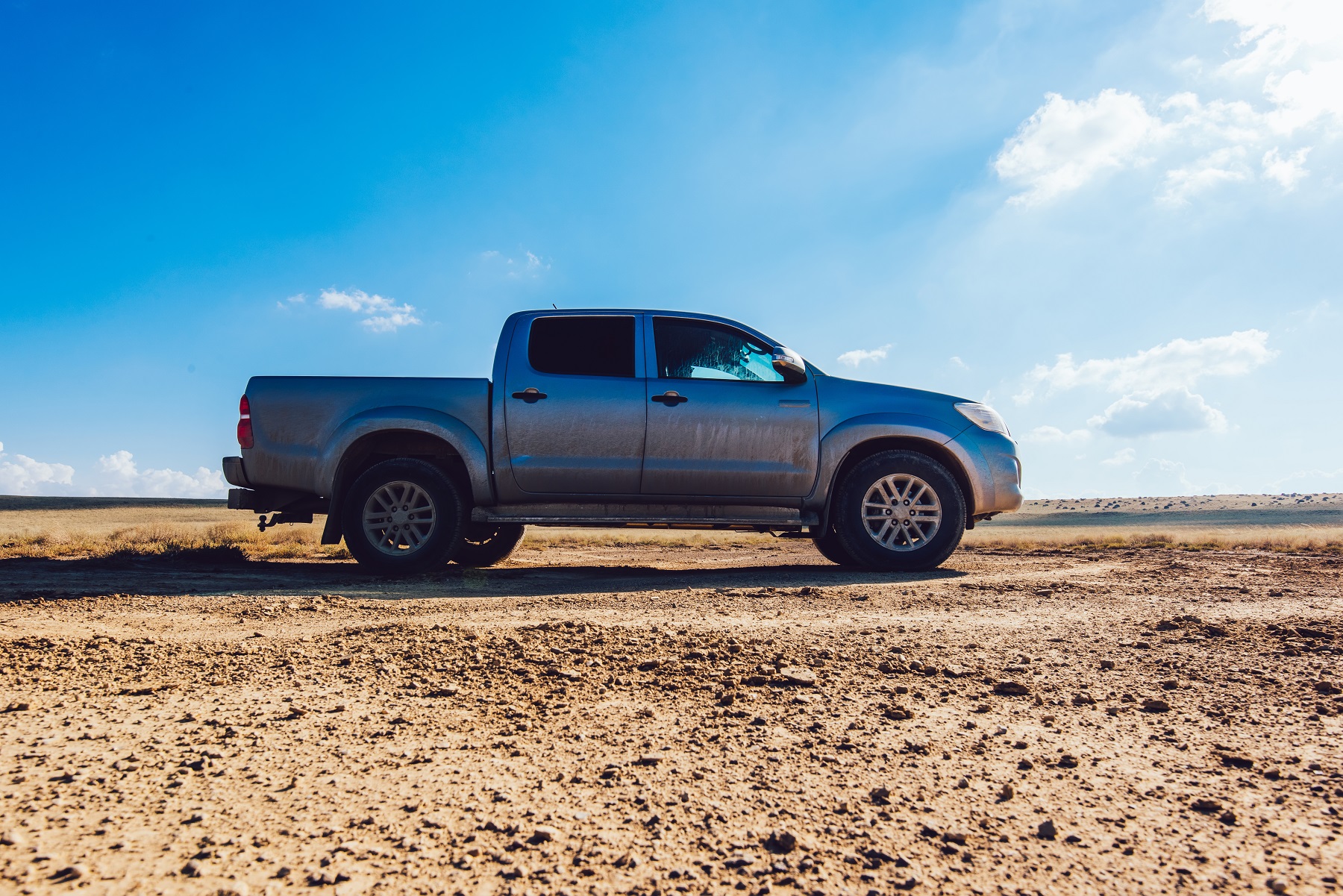Following, significant adverse feedback from motor manufacturers, businesses and drivers alike, the government has completed a U-turn (excuse the motoring pun) on legislation that was set to change the tax classification on double cab pick-ups, treating them as cars rather than goods vehicles. Had they progressed with their plans, the tax on benefits-in-kind for employees, when provided with a double cab pick-up by their employers, would have increased, substantially.
The decision means that once the necessary legislation can be passed to reserve the plans, double-cab pickups will once again be treated as goods vehicles rather than cars. Because the proposed change was due to take effect from 6th April 2024 and therefore apply to the next tax year, the government believe they will have time to pass the reversal, ensuring that the status quo is maintained.
What is the purpose of a pick-up?
Despite the vociferous backlash at the original plans, a number of vehicle users and companies have been quite clear that the essence of the planned policy was correct. Whilst it would have hit them in the pocket personally, they agreed with theory behind it. This proposed change in tax classification was focussed on double cab pick-ups and that’s because few appear to be used for their intended purpose. As a pick up they are designed to have a commercial use, hence why they’ve been classified as a good vehicle until now.
But it is felt, by the government and environmental lobbyists, that the majority are actually used as cars and the look and feel of them means they are selected as company vehicles because it suits the persona of the business. Take for example, the regional manager of a plant hire business. Their role is to manage the branches, looking at sales performance, stock management and overall trading. Rarely, if ever, will they actually be shifting or towing plant. The majority of their travel will be between depots. As if to underline the situation, one Financial Director commented on Accounting Web that roughly two-thirds of their fleet of over 100 double cab pick-ups had never seen a bit of dirt – most being used purely for commuting. In his view, the biggest issue would have been replacing them all to save the benefit in kind impact on their staff!
A climate change opportunity missed?
In part, the proposed change in classification was seen as something of a green levy. Double cab pick-ups are not winning any prizes for their emissions and whilst their proportional impact in the big scheme of things is minimal, and hardly about to advance the government’s net zero ambitions, it is felt by many that the change in taxation would have removed a number of them off the road. By making them less attractive from a cost of ownership perspective, as alluded to by the FD above, fewer companies and individuals would have chosen them. Whilst the impact would not have been immediate, the reality is it would have changed thinking and longer term buying trends, pushing companies towards greener vehicles more appropriate for their intended use. As climate campaigners will be rolling their eyes and feeling despondent, it’s likely that employees that drive double cab pick-ups supplied by their employers will be breathing a collective sigh of relief as they avoid a hike in their personal taxes.
